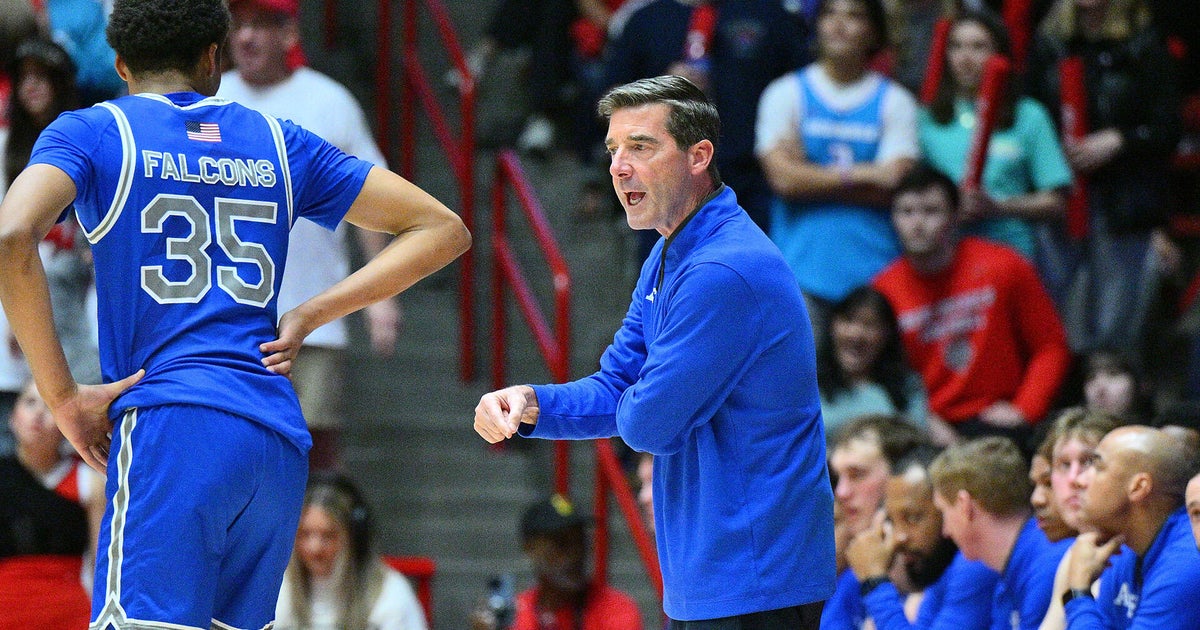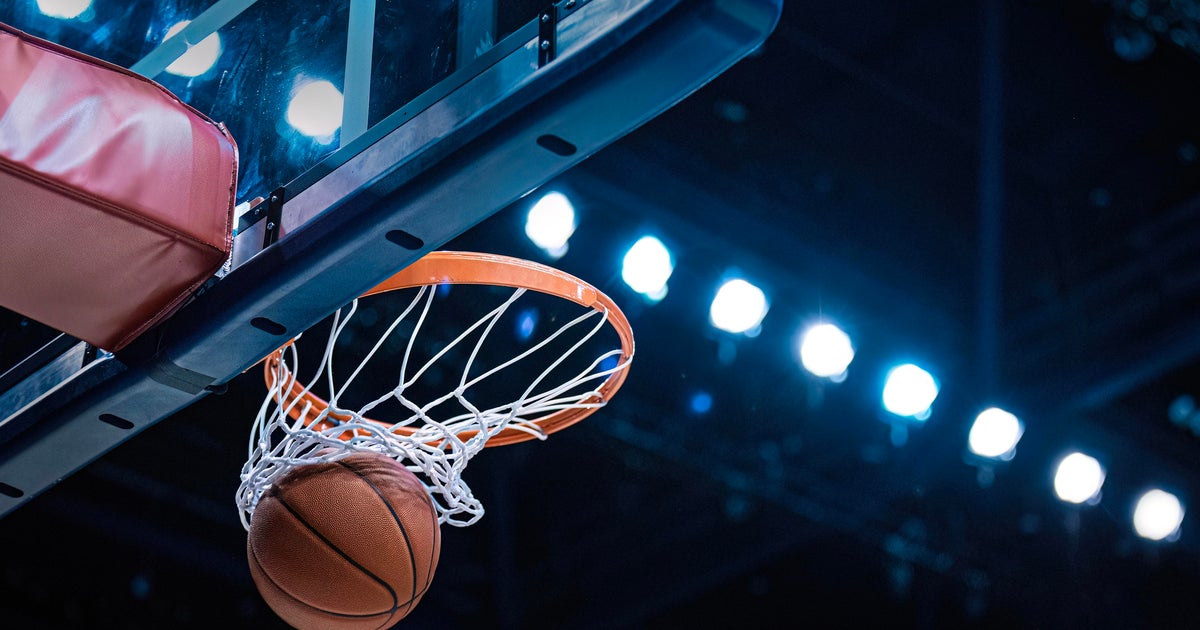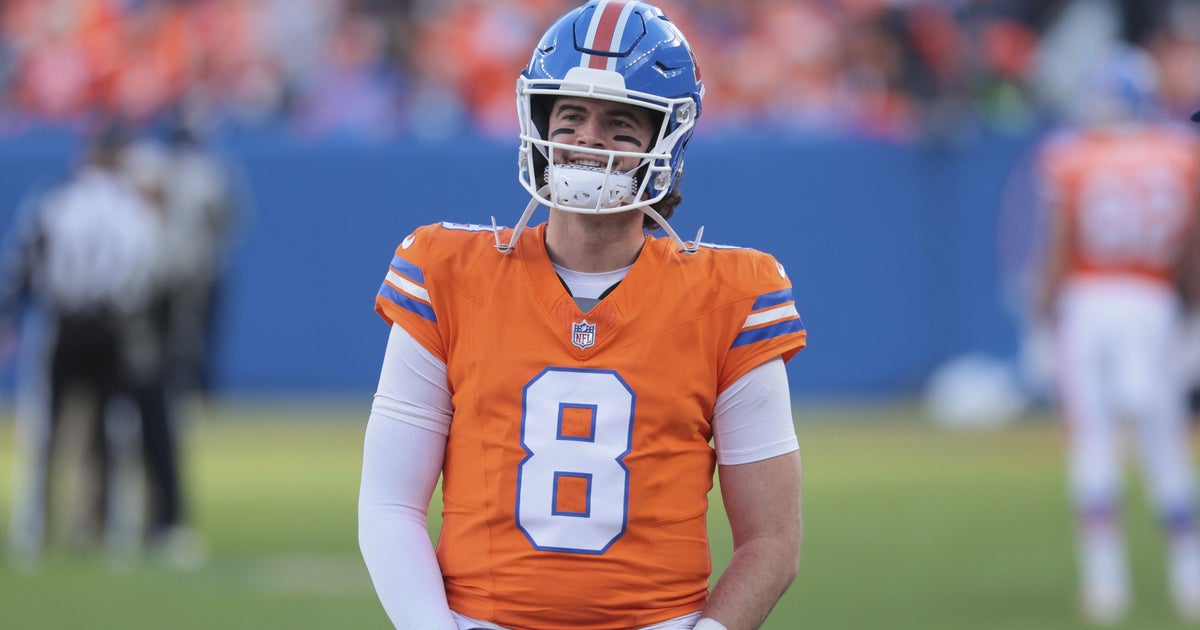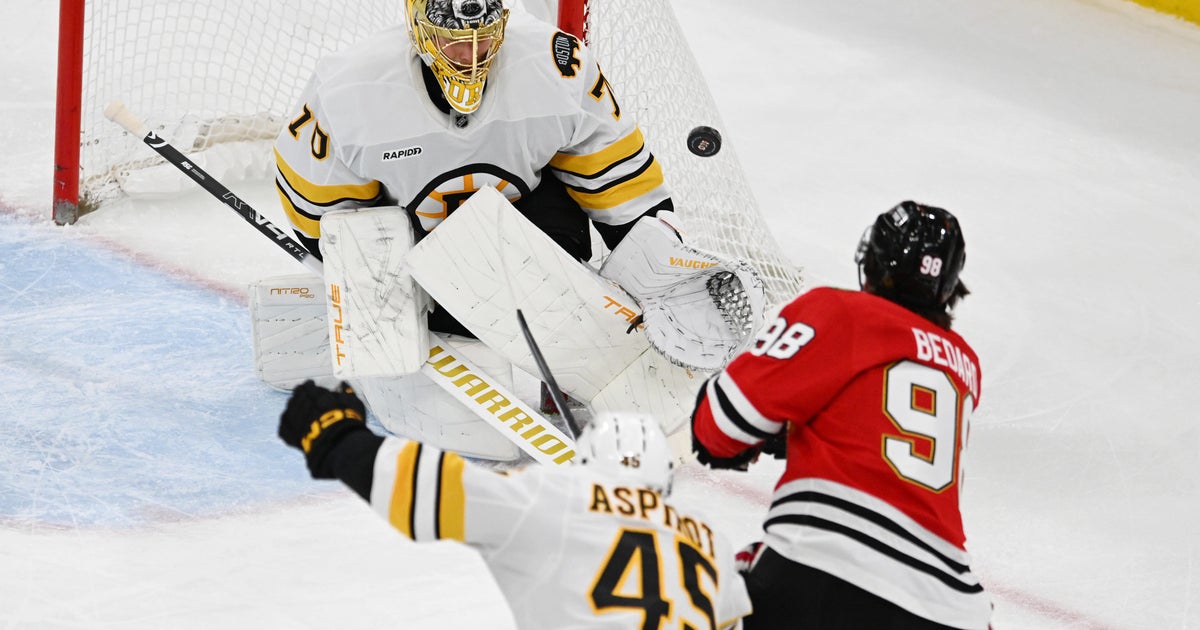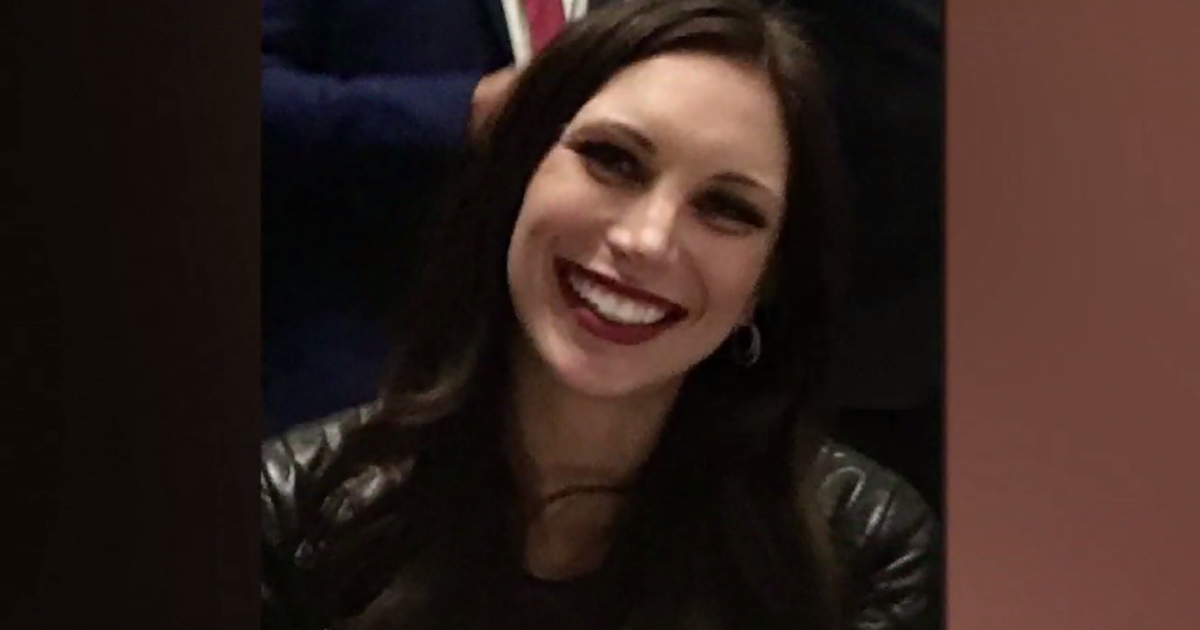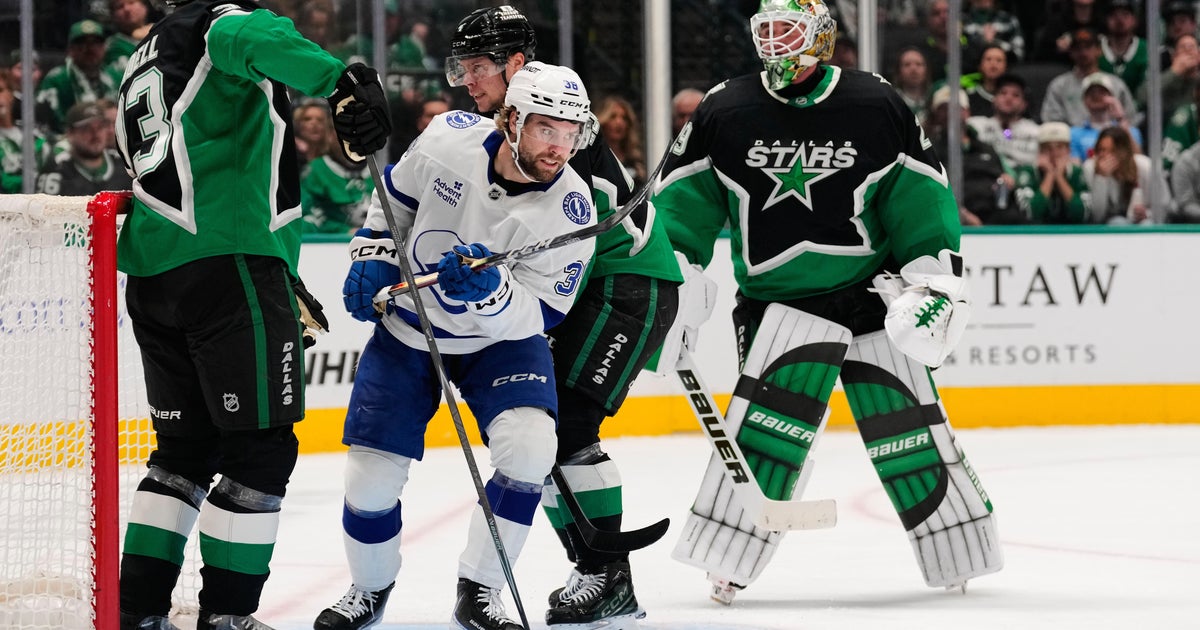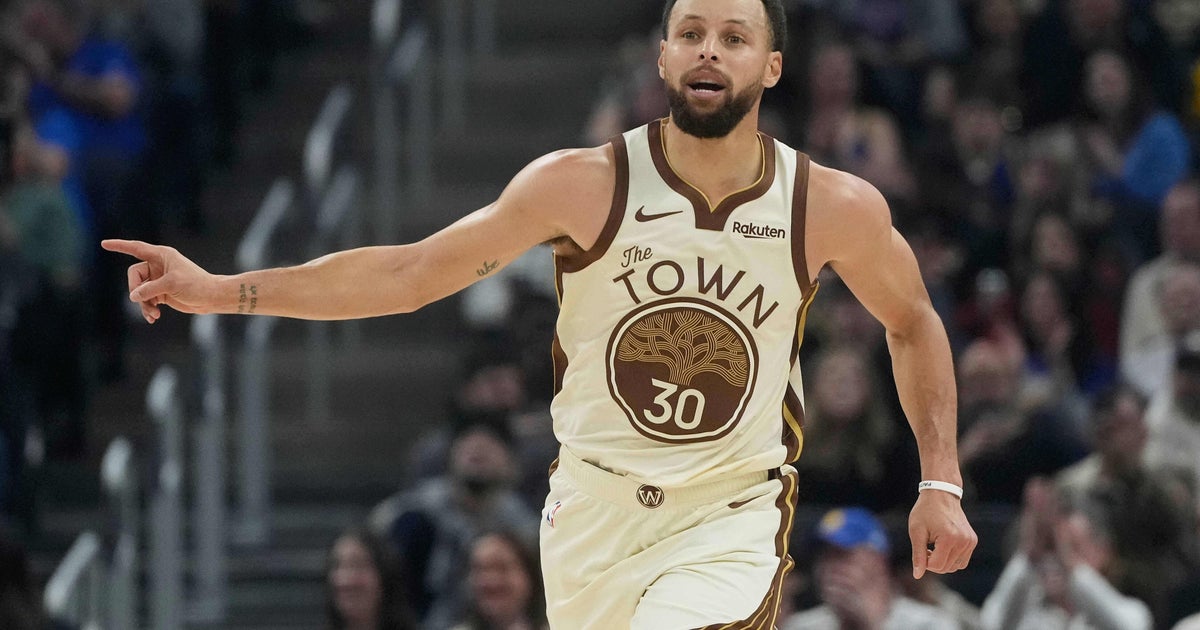March Madness: Low-cut sneakers gain traction on court
The squeaks from the sneakers on the court sound the same. But these are far from your classic Chuck Taylors or vintage Air Jordans. Or any version of high tops at all.
The iconic shoe designed to extend slightly over the ankle has pretty much fallen out of favor in the lanes across basketball.
Glance down at the footwear the players are lacing up for March Madness and many are wearing a version of a low-top sneaker (with the occasional mid-cut throw in).
It's a way to put their fastest, most comfortable, foot forward, especially since studies are inconclusive on whether high tops actually do what they were intended to do — prevent sprained ankles.
As Colorado guard Kindyll Wetta points out, "we get our ankles taped anyway, so I don't feel like I need the extra high-top support."
There's also fashion to consider and "low tops," TCU guard Damion Baugh said, "just look better."
High tops had been a familiar sight since the dawn of Converse's Chuck Taylors a century ago. As the legend goes, Taylor walked into the company's sales office looking for footwear that didn't hurt his feet. The result was an All-Star sneaker that would eventually bear his name — featuring a high, canvas collar — and land Charles H. 'Chuck' Taylor in the Basketball Hall of Fame. He helped spark an industry — Converse had an estimated 80% share of the market at one point.
Over the decades, there have been many styles and models of high tops — from Nike's Air Force 1 to the Reebok Pump to the iconic versions of Air Jordans. The thought behind them was simple — protect the ankle from rolling, almost like a hiking boot.
But the injury data on low tops versus high tops has proven inconclusive.
Dr. Howard Osterman, the team podiatrist for the Washington Wizards and Mystics, recently gave a lecture on the history of basketball shoes. He discussed various sneakers, including Walt "Clyde" Frazier's signature line with Puma (a low top) and George "Iceman" Gervin's Nike shoe "Blazer" (high top) through the modern day.
Osterman's best advice after his deep dive into footwear?
"Find a shoe that's comfortable," he said. "The shoes don't necessarily make you a better player, but they certainly can create irritation and other problems."
Matt Powell, a shoe industry analyst who tracks the latest trends through his consulting firm, believes the surge in low top popularity mirrors the soaring demand for comfy running sneakers.
"What a lot of the brands have done is they've tried to make their basketball shoes look more like running shoes, so they're more on trend with what's selling," Powell said. "The player is looking for a shoe that's as light as it could possibly be, and still protect their feet. So that points you to the low top."
The late Kobe Bryant gets a big assist for the popularity of low tops. He once helped launch a lower-profile shoe.
These days, NBA standouts such as Giannis Antetokounmpo, Stephen Curry, Kevin Durant, Luka Doncic and LeBron James have shoe lines with versions of a low top.
On the women's side, Nike recently announced that WNBA standout and Oregon record-setter Sabrina Ionescu has a new low-cut shoe line called "Sabrina 1."
"All the best shoes are low tops," TCU guard Mike Miles Jr. said. "All the comfortable shoes."
One of the first things Gonzaga forward Anton Watson does when he steps on the court is size up his competition.
Their shoes, anyway.
And if you happen to be wearing a nice pair, he will let you know.
"I've got to say something like, 'Where did you get those? I'm gonna need a pair of those,'" said Watson, whose team beat UCLA to move on to the Elite Eight.
He's tried high tops in the past, but they felt too cumbersome.
Tennessee guard Jordan Walker grew up wearing high tops but has worn a lower version in college.
"My parents wouldn't let me wear low tops — it's no ankle support and all of this," Walker said. "I had to wear ankle braces with the high tops. So I get to college, and I got to express my freedom a little bit and go to the low tops."
Overhearing the shoe question, Tennessee coach Kellie Harper weighed in.
"High tops," said Harper, who helped the Lady Vols to three straight national titles as a player. "I'm a high top girl."
Harper added they don't make high tops the way they did in the 1990s. She played in a scrimmage with her team recently and put on some high tops. Harper noticed they came up only about three-quarters compared to what she used to play in.
"They were making fun of my shoes because they were going way over the ankles," Harper said.
Creighton center Ryan Kalkbrenner wears a mid-cut shoe — or so he thinks.
"I don't know what the difference is between three-quarter and traditional. Honestly, I just know mine are a lot higher than most of my teammates," Kalkbrenner said. "I couldn't even tell you the name of the shoe."
As for those old-school high tops, Baylor forward Jalen Bridges has just one thought.
"I don't know how people used to play in those," Bridges cracked. "This new generation of hoopers, we just like low cuts."
By PAT GRAHAM AP Sports Writer ... AP Sports Writers Teresa M. Walker and Arnie Stapleton, and AP College Sports Writer Ralph D. Russo contributed to this report.



